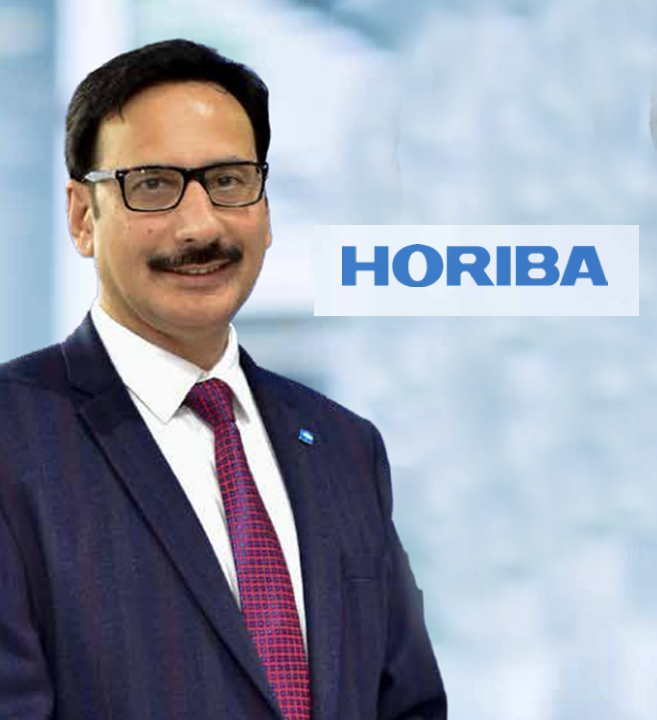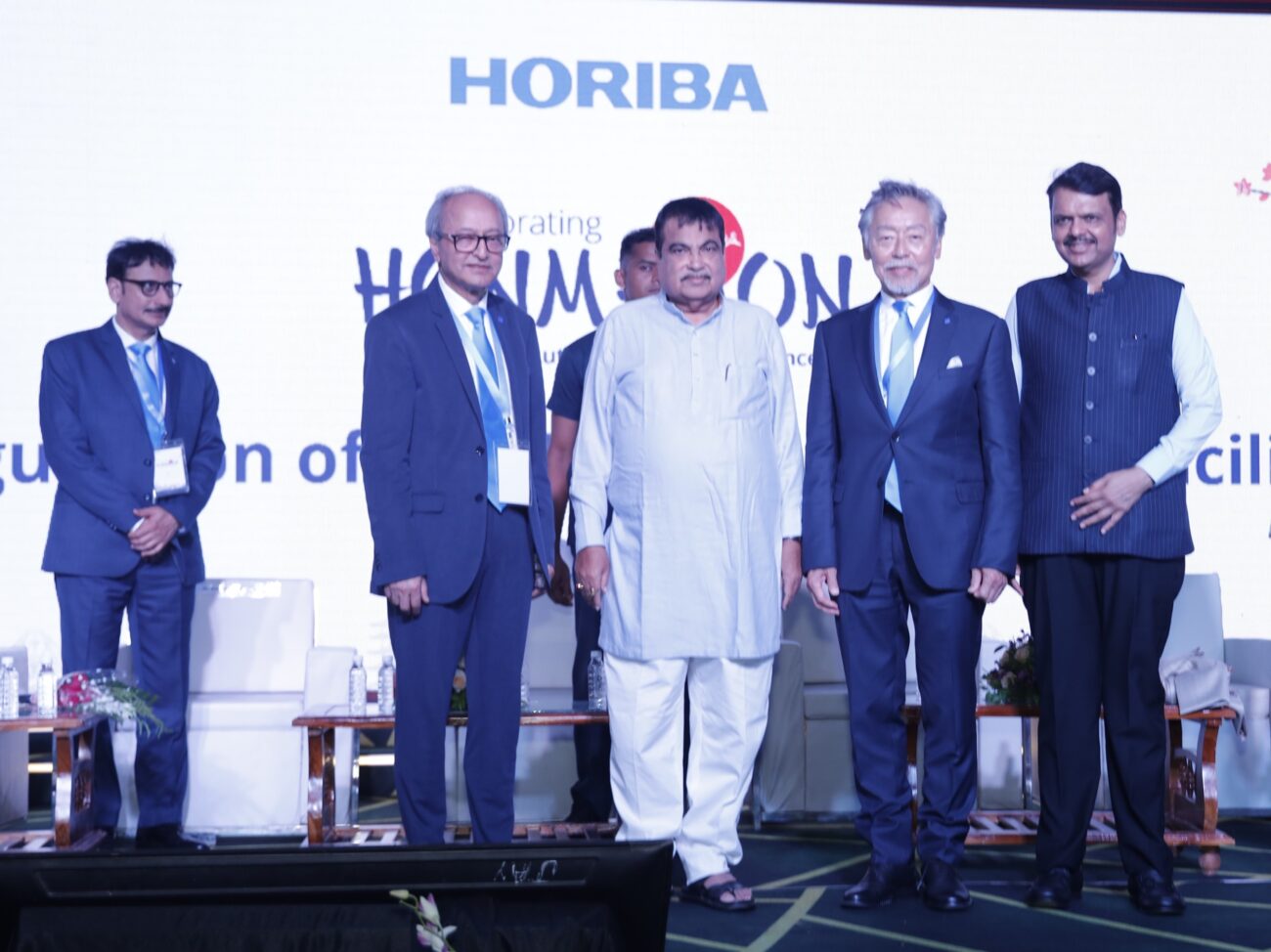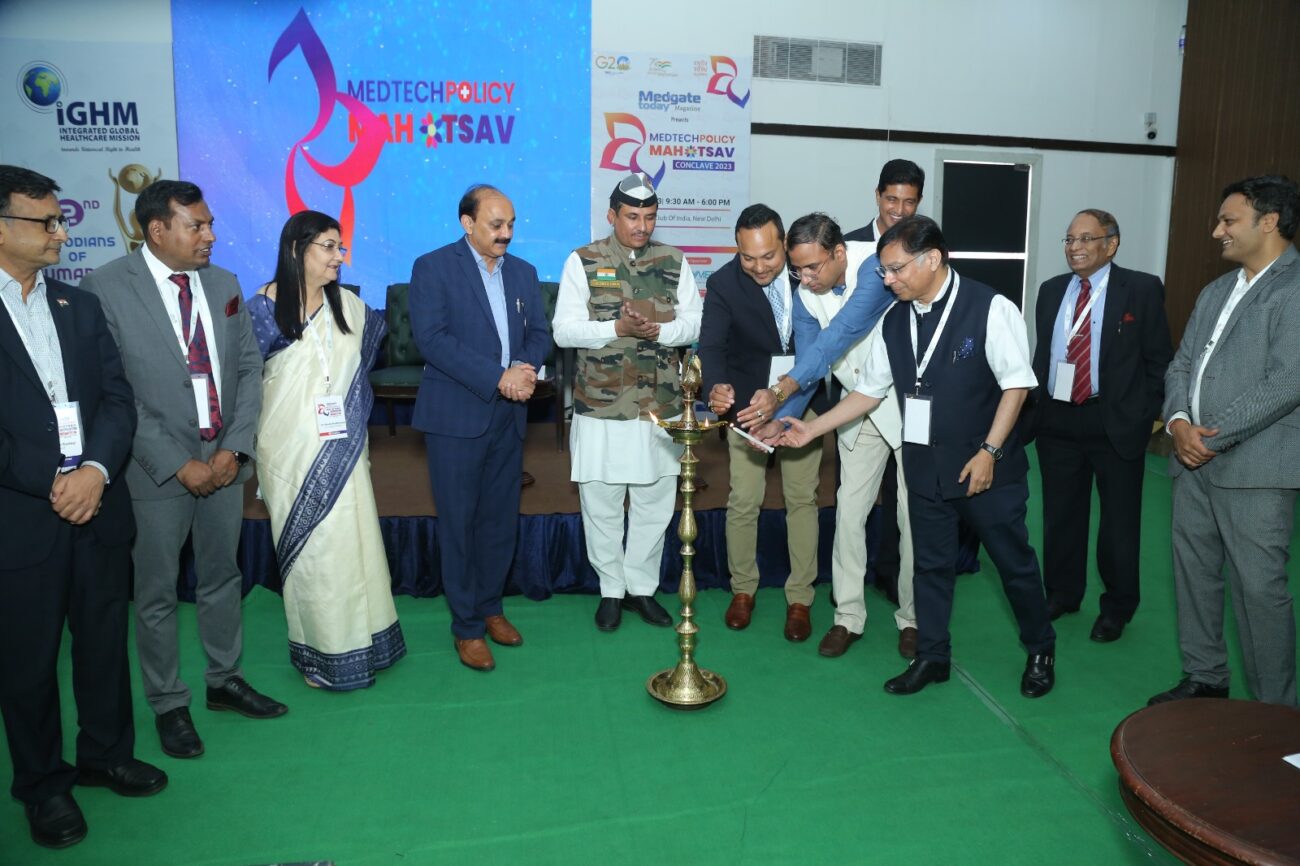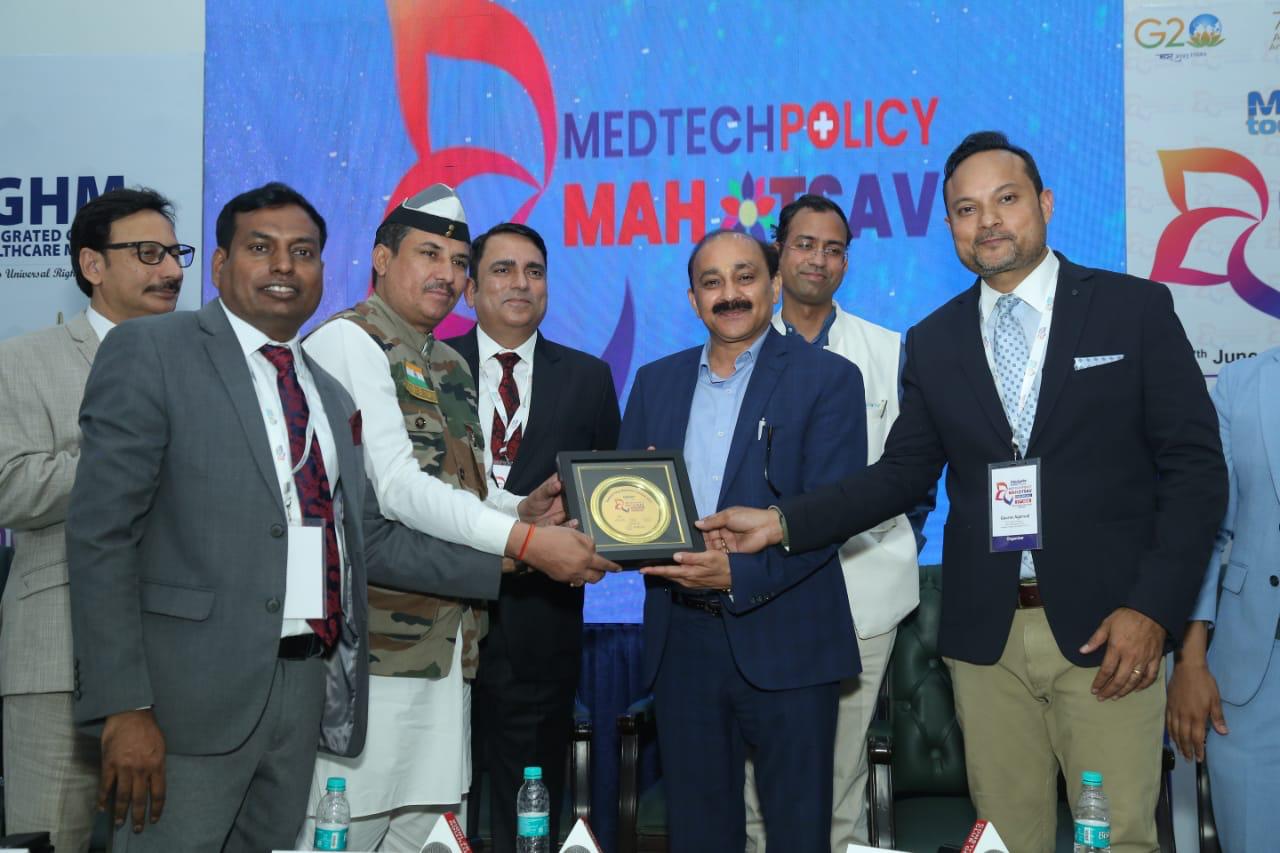Artificial Intelligence to drive medical device innovation
Dr. RAJEEV GAUTAM, Corporate Officer - HORIBA, Ltd., Japan, President - HORIBA, India Artificial Intelligence (AI) is expected to become a key driver of medical device innovation and its use is expected to increase

Dr. RAJEEV GAUTAM, Corporate Officer – HORIBA, Ltd., Japan,
President – HORIBA, India
Artificial Intelligence (AI) is expected to become a key driver of medical device innovation and its use is expected to increase significantly in coming years. AI systems are poised to drastically alter the way businesses operate. Technology has manifested itself in multiple forms including natural language processing, machine learning and autonomous systems which can be leveraged to make predictions, recommendations and even decisions.
AI Innovation revamps Medical Practice
AI capabilities are expanding quickly, and technologies are making access and analysis of different kinds of healthcare data from multiple devices across varied settings of care more feasible.
AI has numerous applications in diagnostics ranging from image analysis to predictive analysis and decision making report. AI can play a vital role in medical imaging, pathology and genomics with improved accuracy, efficiency, and personalized patient care. It can also improve the efficiency of medical device manufacturing and reduce the risks through machine learning.
In emergency medical situations, AI is helping doctors predict and prepare for uncharted territory. At some hospitals, predictive AI techniques are helping to improve the efficiency of patient operational flow. By calculating peak times of day and peak times throughout the year, as well as closely monitoring patient admittance and length of stay, medical teams are better predicting when beds will open up and adjusting staffing levels to meet patient needs.
Transforming Healthcare with Wearable Devices and Remote Monitoring
Digital health solutions such as wearable devices and remote monitoring platforms are gaining traction for monitoring and managing diseases, tracking health metrics, and facilitating virtual consultations with healthcare providers. These technologies are facilitating continuous monitoring, early detection of health issues, personalized interventions, improving patient outcomes and reducing healthcare costs.
There is a growing emphasis on personalized medicine approaches that tailor medical treatments and interventions to individual patients based on their genetic makeup, biomarker profiles, and clinical characteristics. Molecular diagnostics technologies, such as next-generation sequencing, polymerase chain reaction (PCR), and immunoassays, enable precise diagnosis, treatment selection, and monitoring of diseases, including cancer, infectious diseases, and genetic disorders.
Telemedicine: Anywhere, Anytime care
The telemedicine platforms and remote monitoring technologies enable patients to consult with healthcare providers remotely, reducing the need for in-person visits and improving access to healthcare services, especially in rural or underserved areas. It may also enable at-home lab tests and the real-time monitoring of vital signs. These innovations will boost patient autonomy, empowering patients to manage their own care and become dynamic participants in the conversation with providers, specialists, and care coordinators more actively.
Pertaining to the impact of new technologies in healthcare, there is a dire need to incorporate AI into medical education and train the healthcare professionals on how it may be used to augment clinical workflows. AI has the potential to serve as a learning tool especially in areas which involve image and video analysis such as blood morphology, echocardiograms, etc.
Drones Expedite Diagnostic Deliveries
Drone deliveries in diagnostics, is a new setting trend in context of sample transport that looks to be the future of reducing TAT and providing quick outcomes in product and sample delivery.
Drone deliveries of samples are expected to be cheaper and are set for big take-off with advantage of relaxed norms under the drone rules. There also seems to be a thrust by the government in creating special corridors for drone delivery where the commercial drone flyers would not require, “Remote Pilot License” to legally fly the drone. The process however now seems to be simplified, where only a remote pilot certificate would be needed which can be issued by a remote pilot training organization.
India can revolutionize the diagnostic landscape and deliver better healthcare outcomes with a more effective and accessible healthcare system with the above suggested technological advancements.






